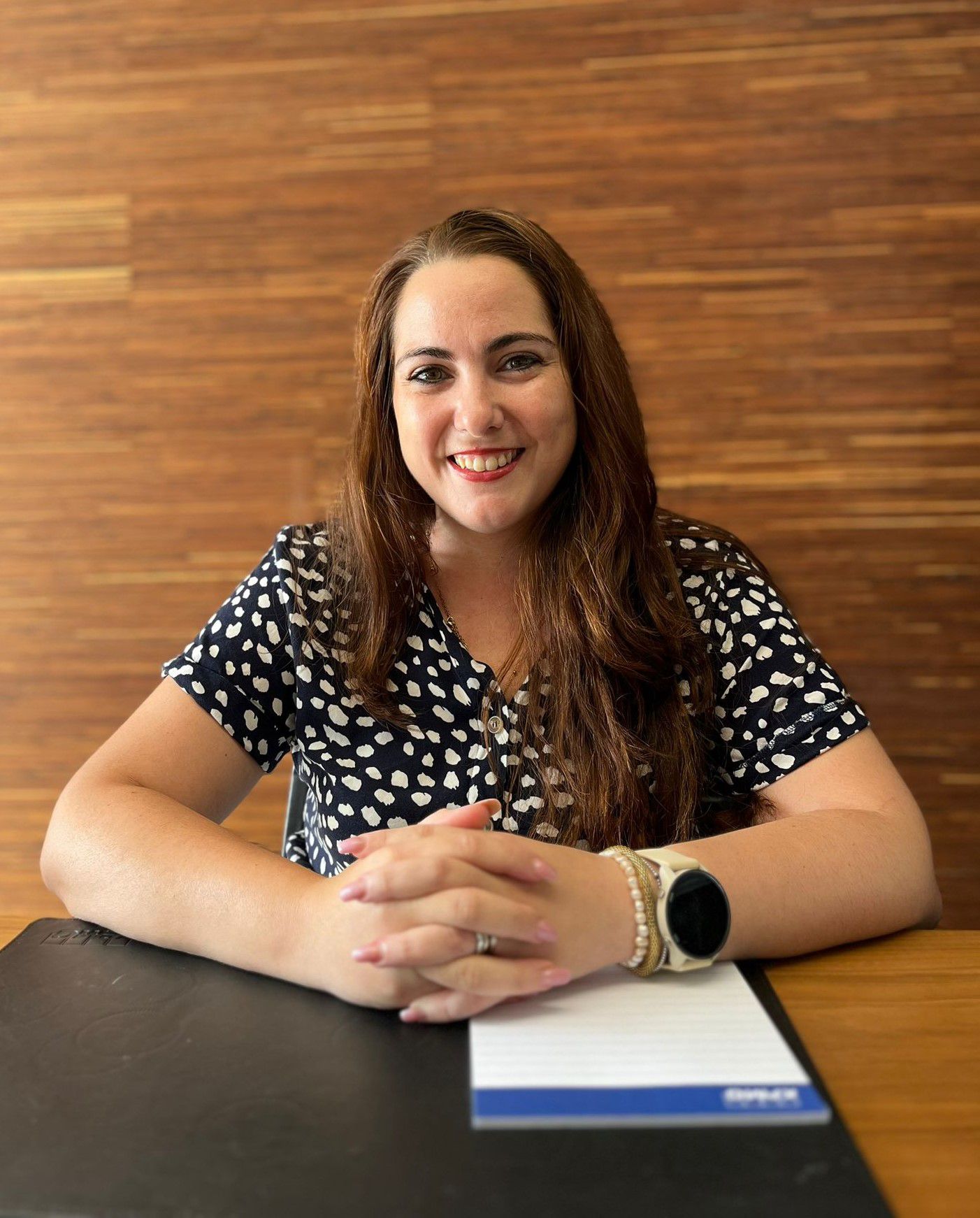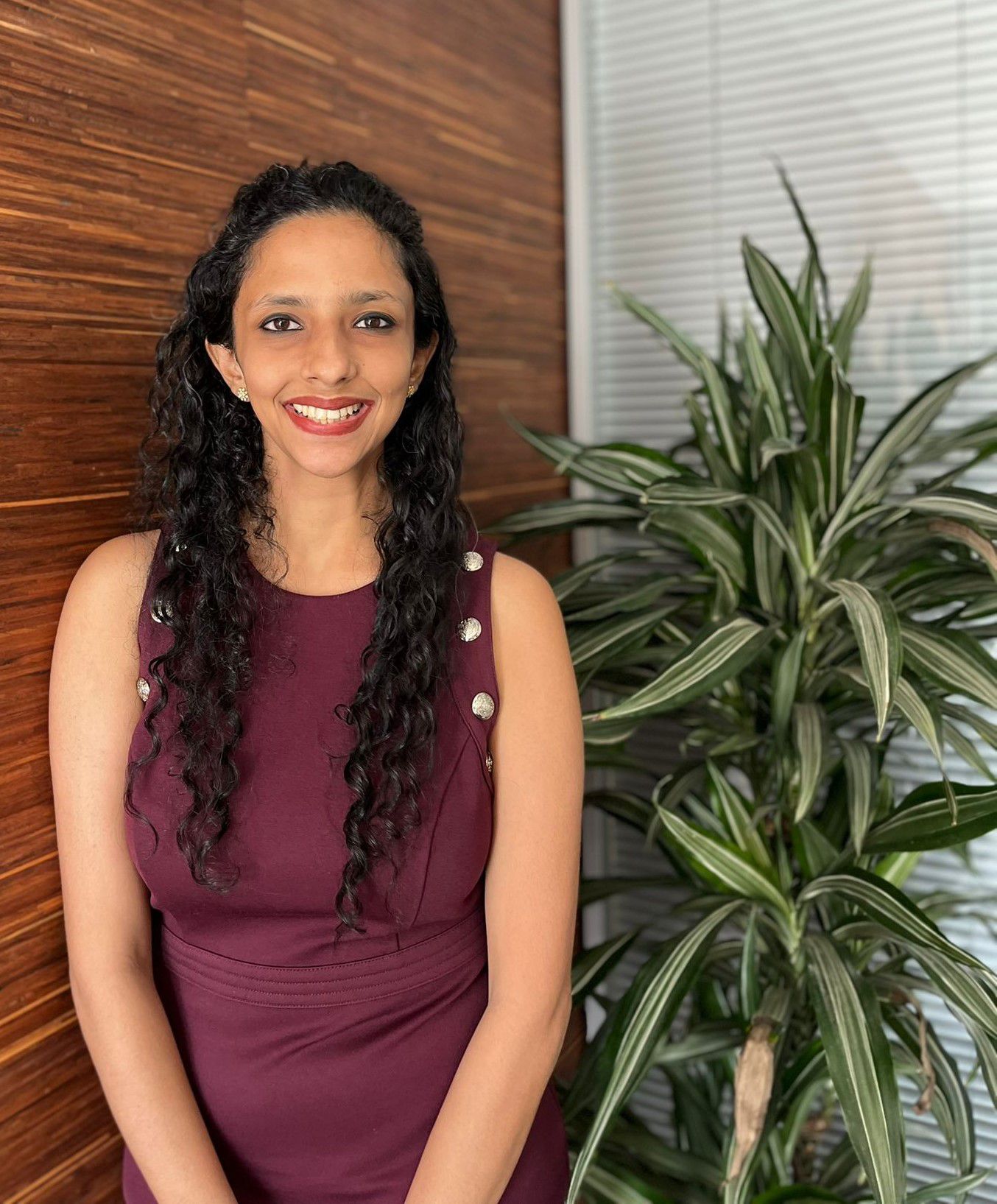As the landscape of accounting and finance continues to evolve, so too does the need for professionals equipped with comprehensive, globally recognised qualifications. The Association of Chartered Certified Accountants (ACCA) program, offered by the KPMG Learning Academy, stands at the forefront of this development, providing students with the knowledge and skills they need to excel in their careers.
This year, KPMG Learning Academy achieved the ACCA Platinum approved learning provider status: a symbol of sustained exceptional student pass rates and a benchmark for delivering an outstanding student experience and a testament to the Academy’s unwavering commitment to excellence for the past 7 years.
We spoke with Sarah Galea, ACCA Programme Manager, as well as Maya Xuereb, a top-performing ACCA student, and Sahana Chandrasekhar, an experienced ACCA tutor, to gain insights into the program and the success it fosters.
Interview with Sarah Galea, ACCA Programme Manager
Q: Can you provide an overview of the ACCA program and its key benefits for students?
Sarah Galea: The ACCA qualification is a globally recognised credential for aspiring accountants and finance professionals, allowing graduates to work anywhere in the world. The ACCA curriculum is comprehensive, covering subjects like corporate and business law, financial reporting, taxation, and audit. This opens doors to diverse career paths and specialisations within the accounting and finance industry.
KPMG Learning Academy’s courses, which are offered in partnership with Kaplan, provide flexibility, allowing students to manage work, studies, and other commitments effectively. Lectures are recorded for future playback, and we provide study support resources including a comprehensive pack of study materials, progress tests, mock exams, discussion forums, and round-the-clock tutor support—even on weekends when students typically focus on revision.
Q: How does the ACCA curriculum stay relevant to the changing landscape of accounting and finance?
Sarah Galea: The fields of accounting and finance are continually evolving, and the ACCA syllabus is designed to keep pace with these changes. It evolves to stay relevant with ever-changing rules and regulations. The curriculum also reflects current industry trends, regulatory updates, and emerging technologies, ensuring that ACCA students are always learning skills that are applicable in today’s professional environment.

Sarah Galea, ACCA Programme Manager
Q: How does the ACCA program prepare students for their future careers?
Sarah Galea: The ACCA qualification is closely aligned with the daily work of finance professionals. The syllabus emphasises real-world scenarios and practical examples, equipping students with valuable skills from day one. Since ACCA students often work while studying, they are prepared to take on higher roles as they progress. Moreover, the ACCA syllabus now assesses professional skills, ensuring that graduates are well-rounded accountants with both technical and professional expertise, and an ethical mindset. This practical experience helps them manage teams, identify niche areas, and ultimately take on senior leadership roles.
Q: Can you share any success stories of former students who have completed the ACCA program?
Sarah Galea: There are many success stories, but two stand out. One student balanced university studies in another field with ACCA and work. He passed all his exams on the first attempt and earned several awards for achieving first place in Malta in some ACCA exams. His success was largely due to his disciplined study schedule, extensive practice of exam questions, and early preparation.
Another remarkable student took a break from the ACCA program and returned with a fresh perspective on time management and study techniques. She emphasised the importance of practising exam-style questions early on to refine exam techniques and identify problem areas. This student is now a graduate with multiple ACCA awards. These stories highlight the importance of time management, resilience, and the use of available resources in achieving success in the ACCA journey.
Interview with top-performing ACCA student, Maya Xuereb

Maya Xuereb, ACCA Student
Q: What motivated you to pursue the ACCA qualification?
Maya Xuereb: I chose the ACCA qualification because it allowed me to study at my own pace, which is ideal for balancing work and studies. I wanted to start working and building my career early, and ACCA provided the perfect opportunity. Working with a Big 4 company while studying has been invaluable for both my professional and educational development.
Q: Can you share any challenges you faced during the program and how you overcame them?
Maya Xuereb: Balancing work responsibilities with studying was one of the biggest challenges. Starting studying early was key to covering all the material thoroughly. Staying motivated and managing stress, especially during exams, was also challenging. I found it helpful to set short-term goals and celebrate small victories along the way. Studying for ACCA can sometimes feel lonely, so I sought support from mentors and peers.
Q: What advice would you give to fellow students currently studying for the ACCA exams?
Maya Xuereb: My main advice is to start studying early and plan your schedule carefully. Use all available resources, especially past exam papers, to understand the format and focus areas. It’s important to find a study method that suits your learning style and maintain a balanced approach. Regular breaks, staying organised, and managing stress are essential. Stay positive, celebrate your progress, and keep a growth mindset—the hard work will pay off.
Interview with ACCA Tutor, Sahana Chandrasekhar
Q: What is the best part of being an ACCA tutor?
Sahana Chandrasekhar: The best part of being an ACCA tutor is the satisfaction of contributing to my students’ professional growth. As a former ACCA student, I understand the significant impact a good tutor can have on a student’s development and exam confidence. I strive to be that positive influence for each of my students.
Q: Which study resources are the most useful to achieve not just a pass, but a good mark in the exam?
Sahana Chandrasekhar: The study text is the most valuable resource. Success in the exam requires a strong blend of technical knowledge and good exam technique. The study text covers key syllabus areas and guides students on how to present their answers effectively.
Q: What advice would you give to students struggling with a particular topic or exam?
Sahana Chandrasekhar: I highly suggest that students review the examiner’s comments at the end of each question in the study text; this provides insights into common mistakes and what the examiner expects.
Ultimately, exams are about demonstrating your knowledge, so equip yourself with the necessary tools to do this effectively.

Sahana Chandrasekhar, ACCA Tutor
For more information about the ACCA program and the support offered by KPMG Learning Academy, please click here.


